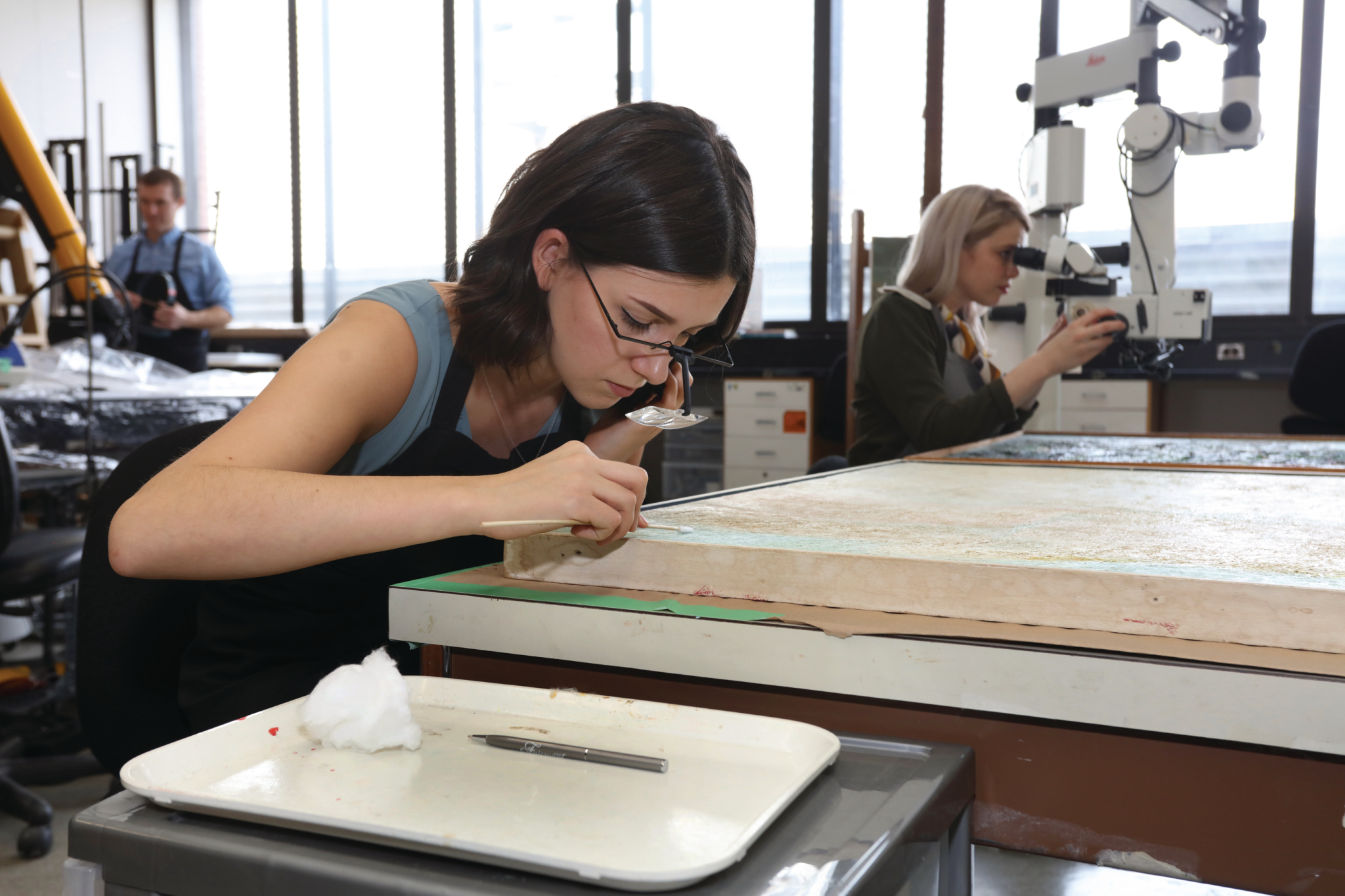In an essay, it is important not only to clearly indicate the relationships between ideas within a paragraph, but also to move easily between the main points of different paragraphs. This art of transition contributes greatly to a flowing and coherent style.
The use of articulating terms can be useful to clarify the link between two ideas, whether they are inside a paragraph or represent a transition between two paragraphs. The table below presents a number of these terms, classified according to their logical context.
Connectors and articulating terms
| Introduction | Sequence | Temporal | Addition |
| at first glance at first glance at first glance to start from the outset |
first first in the first place finally finally in order to finish lastly then then subsequently subsequently from the moment when from/since then henceforth henceforth |
always all the time relentlessly unceasingly often sometimes , sometimes sporadically again at the same time up to the present day once upon a time (gradually) as more and more |
*also *also moreover (this) which is moreover not only… but also/even moreover from the rest additionally in addition to *as well as *including |
| Highlighting | Drawing | Similarity | Contrast |
| indeed indeed precisely there is no doubt that in fact in fact it remains that obviously it is certain that it is beyond doubt that without a doubt without a doubt so that even to the point that leaves at |
for comparison illustration example indication for example in particular |
in the same way in the same way (as) like all as (if) such that in the same way by analogy parallel |
on the other hand in revance in consideration on the contrary (of) on the contrary (of) against on the other side on the other hand but nevertheless however nevertheless nevertheless nevertheless vis-à-vis |
| Optical | cause | Result | Goal/Means |
| as for me in my opinion for my part in this perspective from this point of view from this angle in the aspect of subjectively it seems that unfortunately |
that's the reason why that's why because since for that reason given (that) seen (that) |
therefore therefore consequently it follows thus then in this way in this way |
in order to for (that+ subj. ) with the aim of in such a way as in a way (in that) that (+ subj. ) in a way (in that) that (+ subj. ) |
| Generalization | Restriction | Concession | Diversion |
| usually usually in general without exception on either side substantially as much as possible with the exception of further the fact that |
in particular in principle in practice in reality at least at least at most at least on the one hand on the one hand |
of course certainly it is true that this said after all in any case in any case anyway whatever it may be insofar as (+ subj .) although (+ subj .) although (+ subj .) |
as to with regard to with regard to with regard to in relation to (it) does not prevent |
| Reformulate | Summary | Various | |
| in other words in other words it is to say that strictly speaking |
(in) in short in a nutshell in a nutshell finally in the end in sum in summary in conclusion |
if it is (only) otherwise otherwise despite everything under (the) form of under the pretext of under penalty of it is possible that (+ subj .) it is probable that +without doubt |
*not to be used at the beginning of a sentence
+ probably means probably
